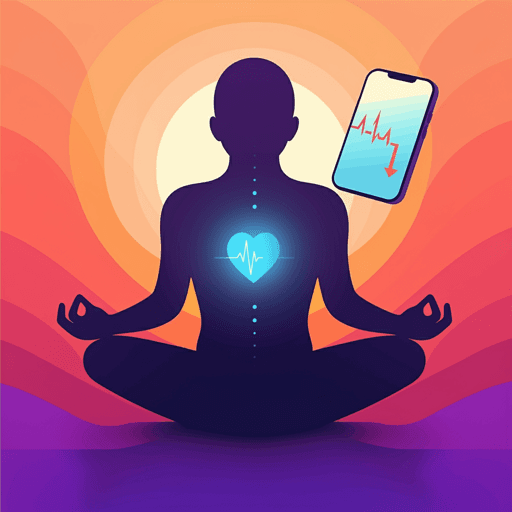
Psychology
Evaluating a brief smartphone-based stress management intervention with heart rate biofeedback from built-in sensors in a three arm randomized controlled trial
L. M. Fuhrmann, C. A. Lukas, et al.
An 18-day smartphone stress-management program with integrated heart-rate biofeedback reduced perceived stress versus waitlist in a three-arm randomized trial. The study, conducted by Lukas M. Fuhrmann, Christian Aljoscha Lukas, Lena Schindler-Gmelch, and Matthias Berking, also showed gains in emotion regulation and well-being with high usability and effects persisting at 1-month follow-up.
Related Publications
Explore these studies to deepen your understanding of the subject.







